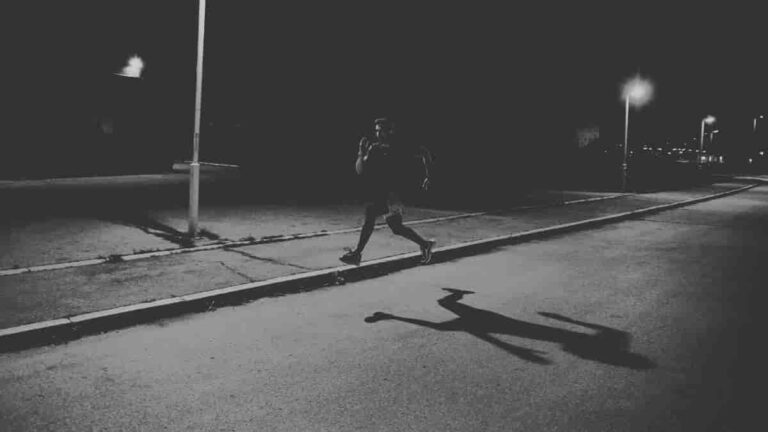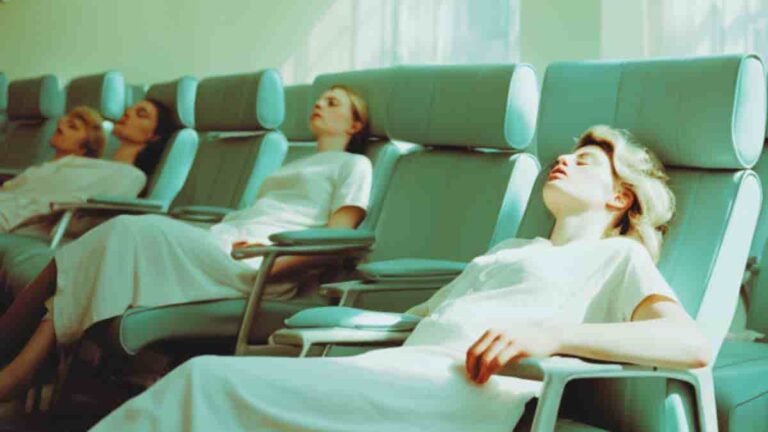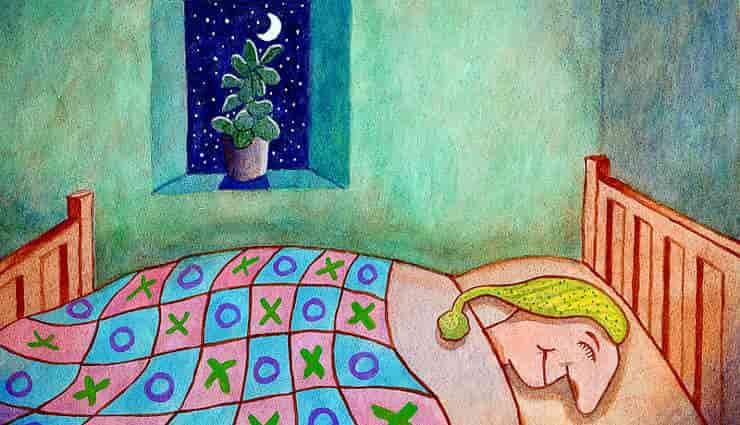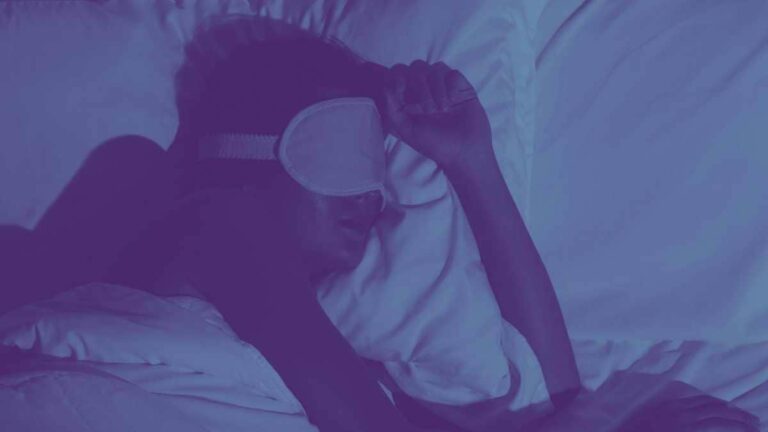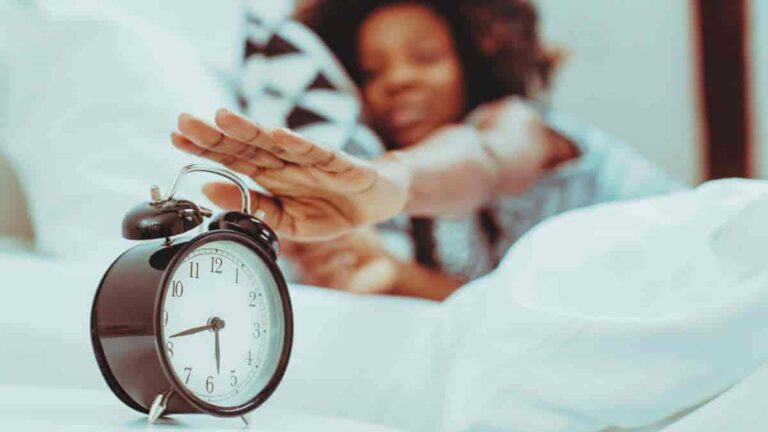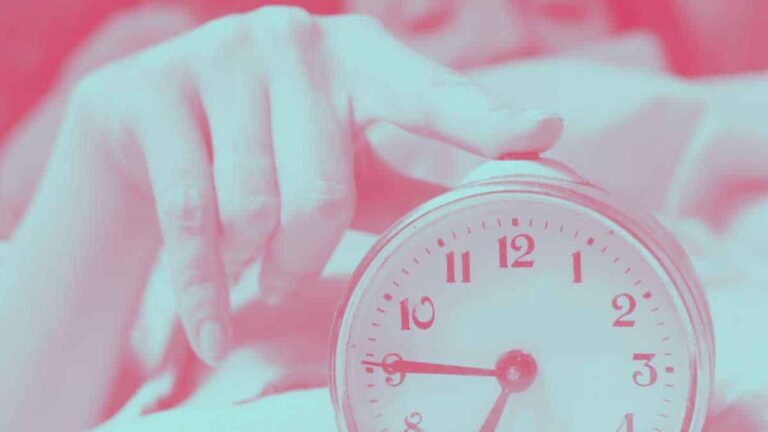Delayed sleep phase disorder (DSPD), also known as delayed sleep phase syndrome and delayed sleep-wake phase disorder, is the delay of a person’s circadian rhythm in comparison to societal norms. Elliot D. Weitzman and coworkers from Montefiore Medical Center initially formally identified it in 1981. It is responsible for 7-13% of persistent insomnia complaints. Among…
Tag: sleep
Short Sleep Duration Linked with Onset of Depression Symptoms
According to a recent genetic study by UCL (University College London) researchers, sleeping less than five hours per night may increase the risk of developing depressive symptoms. Previously, poor sleep was thought to be a side effect of mental illness, but this study discovered that the relationship between sleep and mental disease is more nuanced.…
While Sleeping We Can React to Verbal Stimuli
We are not entirely isolated from our surroundings while we sleep; in fact, we retain the ability to hear and comprehend words, research from the Sleep Pathology Department at Pitié-Salpêtrière University Hospital in Paris and the Paris Brain Institute indicates. The findings challenge the fundamental definition of sleep and the clinical criteria that differentiate its…
Best Temperature for Sleep for Older Adults Identified
According to new research, sleep for older adults can be most efficient and restful when the nighttime bedroom ambient temperature ranges between 68 and 77 degrees Fahrenheit. The authors discovered a general trend. There was a 5 to 10% decrease in sleep efficiency when nighttime ambient temperature rises from 77 to 86 degrees Fahrenheit. This…
Non-REM Brain Waves Predict Better Control Of Blood Sugar
Researchers have known that inadequate sleep increases the risk of developing diabetes. The reason has remained a mystery, however. Now, new research from a team of sleep scientists at the University of California, Berkeley brings us closer to a solution. The researchers have identified a potential mechanism in humans that explains how and why deep-sleep…
How to Wake in the Morning Fresh and Alert
Do you feel groggy until you’ve had your morning cup of coffee? Do you battle sleepiness throughout the workday? You’re not alone. Many people struggle with morning alertness, but a recent study shows that waking up refreshed each day is not just something a lucky few are born with. According to their findings, you can wake…
Sleep Medication Usage Linked with increased Dementia Risk
It has been known for awhile that poor sleep may increase people’s risk of Alzheimer’s disease, and that as the brain ages, it cannot precisely coordinate slow wave sleep spindles as well. New research adds to the growing body of evidence on sleep disturbances and cognitive impairment with the discovery of significant links between three…
Humans Need More REM Sleep in Winter, Even Though We Don’t Hibernate
The sun controls our body clocks, whether we are night owls or morning people. In theory, changes in day length and light exposure throughout the year could affect the duration and quality of our sleep. However, determining how this applies in practice is difficult. Even though self-report studies have shown that people sleep longer in the…
PTSD Dreams in REM Sleep Driven by Altered Neurotransmitter Levels
Brain activity frequently resembles awake behaviour during during rapid eye movement (REM) sleep. The brain can actually be more active during REM sleep than it is when you are awake. This activity is why REM sleep is sometimes referred to as “paradoxical sleep,” according to Virginia Tech neuroscientist Sujith Vijayan. And for those suffering from…
